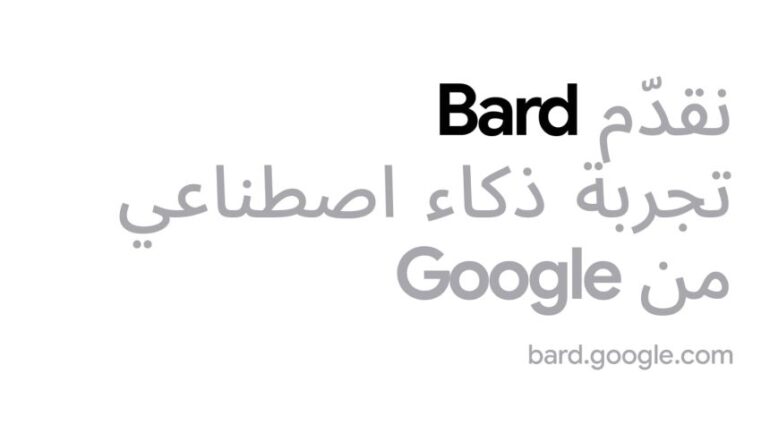TL;DR:
- Google launches Bard in Arabic, its largest expansion since the English version’s debut.
- Bard empowers users to unleash their creative potential, explore diverse perspectives, and simplify dense content.
- Powered by the advanced language model PaLM2, Bard understands over 16 Arabic dialects and provides responses in Modern Standard Arabic.
- New features include audio responses, conversation management, sharing capabilities, exporting Python code, and incorporating Google Lens (in English).
- Bard’s launch in Arabic reinforces Google’s commitment to global accessibility, with availability in over 40 languages.
Main AI News:
In a significant move, Google has unveiled Bard in Arabic, marking its most extensive expansion since the English version’s launch earlier this year. Bard, an innovative generative AI experiment, aims to unlock individuals’ creative potential, facilitate idea development and brainstorming, enable comprehensive exploration of diverse topics, and enhance productivity by simplifying and summarizing complex content.
Bard’s impressive capabilities are powered by Google’s cutting-edge language model, PaLM2, which possesses a deep understanding of multilingual information. With this advanced technology, Bard can comprehend queries across more than 16 Arabic dialects, including Egyptian colloquial Arabic and Saudi colloquial Arabic. Furthermore, Bard provides responses in Modern Standard Arabic (MSA), ensuring effective communication. Notably, Bard also supports code-switching, allowing users to input a combination of Arabic and another language seamlessly. The user interface has been thoughtfully designed to accommodate right-to-left script, enabling a seamless experience for Arabic speakers.
To enhance Bard’s accessibility and usefulness, Google has introduced a range of new features. Users can now listen to Bard’s responses by clicking on the sound icon, enabling a more interactive experience. Additionally, conversations with Bard can be saved, organized, and modified for future reference. Sharing Bard’s insightful responses with friends is now effortless through shareable links. Moreover, developers can export Python code to Replit, an online integrated development environment, and Google Colab, streamlining the coding process. For English users, Bard incorporates the powerful features of Google Lens, allowing them to upload and utilize images for prompts. Furthermore, users can customize the tone and style of Bard’s responses, choosing from options like funny, simple, long, short, professional, or casual.
Najeeb Jarrar, Regional Director of Marketing at Google MENA, expressed excitement about the launch, stating, “We are thrilled to provide all Arabic speakers with the opportunity to explore and collaborate with Bard, our generative AI experiment that empowers individuals to expand their creativity, learning, and productivity.” He highlighted the collaborative efforts of Google’s engineering team and linguistic experts, emphasizing the enhancement of Bard’s Arabic capabilities, including the user interface’s right-to-left script support. Bard’s proficiency in understanding various Arabic dialects and language levels aims to assist Arabic speakers worldwide.
Adhering to its responsible AI approach, Google proactively engaged with experts, policymakers, and regulators during this expansion. Jack Krawczyk, Director of Product Management at Google, added, “As part of our bold and responsible approach to AI, we’ve proactively engaged with experts, policymakers, and regulators on this expansion. And as we bring Bard to more regions and languages over time, we’ll continue to use our AI Principles as a guide, incorporate user feedback, and take steps to protect people’s privacy and data.“
Currently, Bard is available in more than 40 languages, including Chinese, German, Hindi, and Spanish, reflecting Google’s commitment to providing global access to this groundbreaking AI experiment.
Conclusion:
The introduction of Bard in Arabic by Google signifies a significant development in the market. This expansion offers Arabic speakers a powerful tool to enhance their creativity, learning, and productivity. With its understanding of multiple dialects and proficiency levels, Bard addresses the unique needs of Arabic users. The addition of new features further amplifies its accessibility and usefulness. Google’s continuous efforts to expand Bard’s reach demonstrate its commitment to providing cutting-edge AI technologies to a global audience, solidifying its position as a leader in the market.

